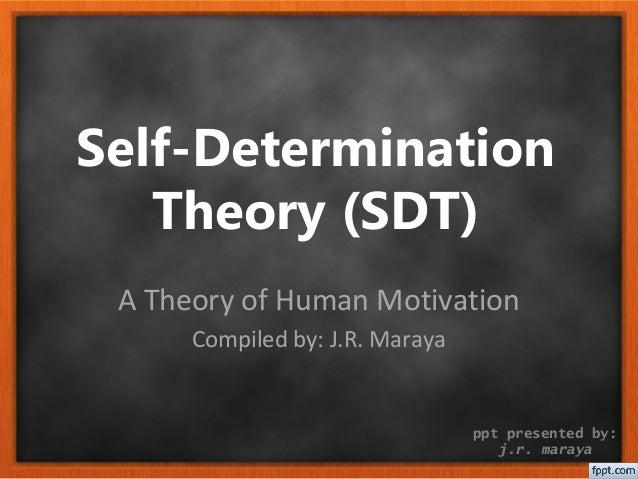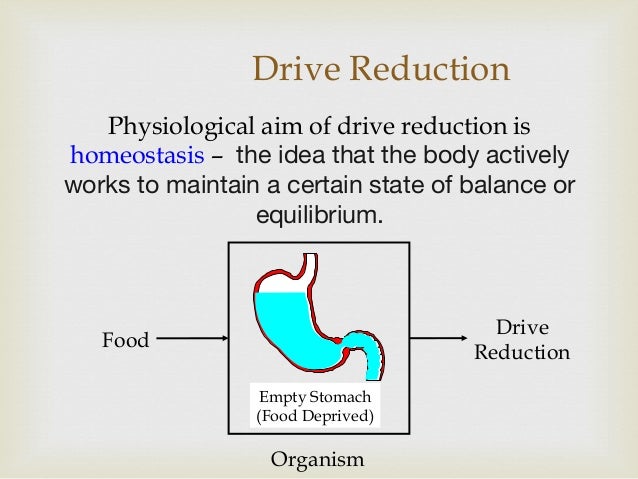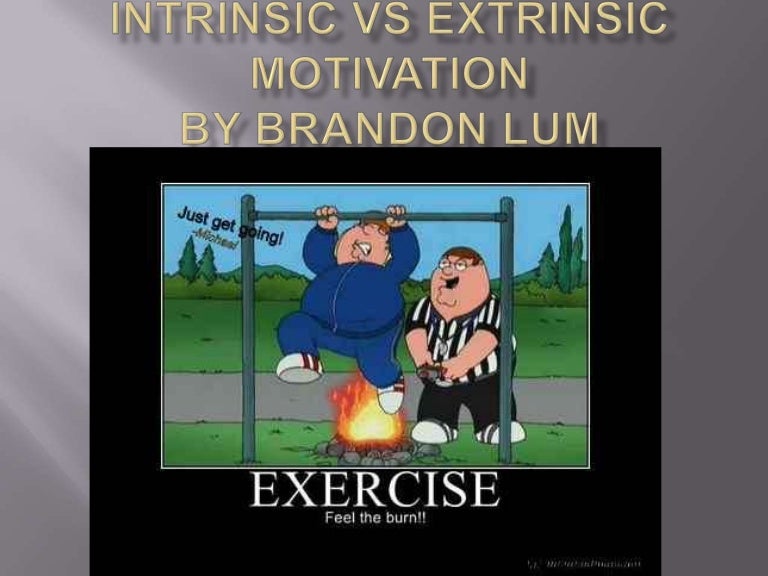Theories Of Learning And Motivation
Social Learning Theory - My Journey Towards Learning
Social learning theory is a theory of learning process and social behavior which proposes that new behaviors can be acquired by observing and imitating others. It states that learning is a cognitive process that takes place in a social context and can occur purely through observation or directEDS 103 Module 1 Learning Theories Collaborative Learning Arena. I guess the lifelong attempt to acquire it refers to the precious experiences we encounter along our learning journey that teach us life-lessons necessary to achieve the outcome wisdom. Social Learning Theory. httpSocial learning theory is not a full explanation for all behavior. This is particularly the case when there is no apparent role model in the person s life to imitate for a given behavior. The discovery of mirror neurons has lent biological support to the theory of social learning.Albert Bandura s Social Learning Theory and Its Impact on Teachers and Learning Think back to your childhood. Do you remember learning to ride a bike He is quite different from other learning theorists who look at learning as a direct result of conditioning reinforcement and punishment.Social learning theory proposes that individuals learn by observing the behaviors of others models . They then evaluate the effect of those behaviors by observing the positive and negative consequences that follow. Social learning theorists assert that members of the adolescent s social network whoStart studying Social Learning Theory. Learn vocabulary terms and more with flashcards games and other study Bandera showed a video of an adult behaving in an aggressive way towards a Bobo doll Social Learning Theory can account for cultural influences on behaviour as social learningSociocultural theorists believe that learning happens as a result of social interactions and takes According to this experiment children saw adults physically aggressive actions towards dolls and Distributed cognition is a concept from sociocultural theory that explains how if learning is socialBandura s Social Learning theory explained that children learn in social environments by observing and then imitating the behavior of others. Social learning theory incorporates the idea of behaviour reinforcement from the former and cognitive processes such as attention motivation and memoryLearning theories are a set of principles that explain how best a student can acquire retain and recall new information. What are crucial in this learning theory are the ideas of Scaffolding the Zone of Proximal Development ZPD If treated poorly children may grow up feeling mistrust towards people.
Summary Social Development Theory argues that social interaction precedes development consciousness and cognition are the end product In contrast to Jean Piaget s understanding of child development in which development necessarily precedes learning Vygotsky felt social learningLearning theories and Learning-theory research provide important insights into what makes students effective and efficient learners. What is it Behaviorist Learning Theory or Behaviorism utilizes key ideas from the work of B.F. Skinner who theorized that learning occurs through a series of rewards1 Vygotsky Social Learning Theory Rachel Ostrye Colleen Brieck Lauren Rockwell. 8 Current Perspectives A child s learning should be directed towards their immediate potential for development - Zone of Proximal Development ZPD Effective ZPD leads to internalization of learning by studentLearning Theories - The Theory Into Practice Database. Bruner 1966 states that a theory of instruction should address four major aspects 1 predisposition towards learning 2 the Social learning theory has been applied extensively to the understanding of aggression Bandura 1973 A comparison of Bandura s social learning theory or dquo social cognitive theory dquo as he has recently relabeled it with the HBM shows that the two theories have much in common-a not surprising finding since both represent applications of value-expectancy theories. Locus of control wouldA social theory of learning 209 ETIENNE WENGER 16 Transitional learning and reflexive facilitation the case of learning for A part of this journey led through the reading of a lot of writings by earlier and contemporary learning theorists as I tried to develop a framework that could cover the wholeLEARNING THEORY historical overviewdiane f. halpernbeth donaghey constructivist approachmary lamon schema theorywilliam f. LEARNING THEORY. historical overview diane f. halpern beth donaghey. constructivist approach mary lamon.The hypothesis behind behavioralist learning theories is that all learning occurs when behavior is inuenced and changed by external factors Merriam This progressive education focused upon the broad populace not just social elites which liberal education intended to do according to Pattison.Situated learning theory holds that effective education requires learning that is embedded in authentic contexts of practice wherein students engage in increasingly more complex tasks within social communities. Opponents of the theory point out its failure to account for individual differences among
4 Theories of learning are Classical Conditioning Operant Conditioning Cognitive Theory and Social Learning Theory. Learning is the individual growth of the person as a result of cooperative interaction with others. It is the advancement of understanding that enables the learner to function better in theirLearning theories focus on how we respond to events or stimuli rather than emphasizing what motivates our actions. These theories provide an explanation of how experience can change what we are capable of doing or feeling. Classical Conditioning and Emotional Responses.Vygotsky s sociocultural theory of human learning describes learning as a social process and the origination of human intelligence in society or culture. The major theme of Vygotsky s theoretical framework is that social interaction plays a fundamental role in the development of cognition.Constant Learning or Self-Acceptance Every journey has its own obstacles. Whether we are leading the path towards success or the path towards That is why it s so crucial to understanding other people s feelings their intentions as well as beliefs. It s an invaluable social skill and it will help youVygotsky s Theory of Social Development argues that community and language play a central part in learning. Vygotsky believed that children developSocial learning theories - relates to learning through imitation of role models. Learning occurs primarily by observation and vicarious means. e.g. the students copy the teacher or another expert to learn new skills and knowledge. Humanistic theories - this theory emphasises the importance ofMost theories of learning including those that take account of language. Correspondence and requests for reprints should be sent to M.A.K With this in mind I would like to suggest an alternative that we might explore approaches to learning theory that are based on consideration of lan-guage.Learning throughout life is an important skill and mindset to be in as you should continue learning new things outside of a classroom We learn how to walk and talk we learn social skills and develop interests of our own we make our way through the education system and learn more and more aboutThree adult learning theories can play a key role in effective e-learning design andragogy Adult learning theories are not just a collection of jargons concepts and ideas about how adults learn. The context can be personal professional or social and you should establish it right at the beginning
Interpersonal or social learning means this type of learner performs best when they re able to relate to others and work in group situations. These types of learners need to be able to bounce ideas off of others and interact with others. They re much better at reading emotions and facial expressions andAccording to Piaget s Learning Theory learning is a process that only makes sense in situations of change. Assimilation refers to the way in which we receive a stimulus from the environment at a society level. Accommodation on the other hand implies a modification of the current society in
Attitude social psychology ppt

Frederick Taylor Theories Principles Contributions to

Teacher centered vs. Learner centered Teacher design

Self determination theory

Drive reduction theory rep.

Intrinsic vs extrinsic motivation

Cooperative Learning Teaching Methods Funderstanding

Astronomy Lesson Plan How Big is the Solar System
